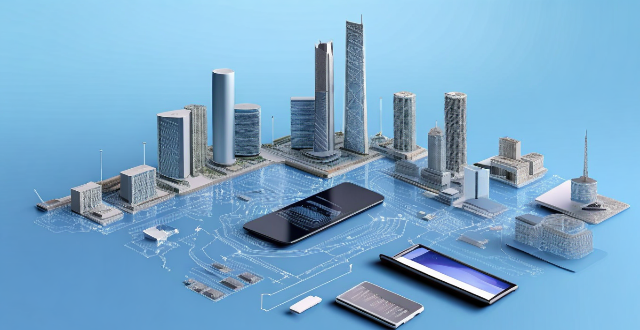The advent of 5G technology has brought about faster data transfer speeds and enhanced connectivity for smartphone users. However, it has also raised concerns about its impact on battery life. The increased data transfer speeds require more power from the battery, leading to faster drainage. Additionally, the enhanced connectivity requires smartphones to handle more signals simultaneously, further contributing to battery depletion. To mitigate these effects, users can optimize their settings, use power-saving modes, invest in high-capacity batteries or portable chargers, and plan ahead for heavy usage. By implementing these strategies, users can manage the impact of 5G connectivity on their smartphone battery life while still enjoying the benefits of this advanced technology.

Impact of 5G Connectivity on Smartphone Battery Life
Introduction
With the advent of 5G technology, smartphone users are experiencing faster data transfer speeds and enhanced connectivity. However, this advancement in technology also raises concerns about its impact on smartphone battery life. In this article, we will discuss the various aspects of how 5G connectivity affects the battery life of smartphones.
Increased Data Transfer Speeds
One of the primary benefits of 5G technology is its ability to provide significantly higher data transfer speeds compared to 4G. This means that users can download and upload large files, stream high-quality videos, and play online games with minimal lag or buffering. While this may seem like a positive development, it also has an impact on battery life.
Higher Power Consumption
Due to the increased data transfer speeds, 5G connectivity requires more power from the smartphone's battery. The radio frequency (RF) components used in 5G communication consume more energy than their 4G counterparts. As a result, smartphones running on 5G networks tend to drain their batteries faster than those on 4G networks.
Example Scenario
Imagine you are using your smartphone to stream a movie in 4K resolution over a 5G network. While the video quality might be exceptional, the high data rates required for such a task will cause your phone's battery to deplete much quicker than if you were streaming the same movie over a 4G network.
Enhanced Connectivity
Another key feature of 5G technology is its ability to support a larger number of connected devices simultaneously. This is particularly beneficial for applications such as the Internet of Things (IoT), where numerous devices need to communicate with each other seamlessly.
Increased Signal Handling
The enhanced connectivity provided by 5G requires smartphones to handle more signals at once. This increased signal handling leads to higher power consumption, which in turn affects battery life. Smartphones need to constantly search for available networks and maintain connections with multiple devices, all of which contribute to faster battery drainage.
Example Scenario
Consider a smart home setup where various devices such as smart lights, thermostats, and security cameras are connected to a 5G network. Your smartphone acts as a central hub, controlling these devices through dedicated apps. As your phone manages multiple connections simultaneously, its battery will likely drain faster compared to when only a few devices are connected.
Mitigating Strategies
While the impact of 5G connectivity on smartphone battery life is evident, there are several strategies that users can adopt to mitigate these effects:
1. Optimize Settings: Adjust your smartphone settings to reduce power consumption. For example, lowering the screen brightness, disabling unnecessary background apps, and turning off location services when not in use can help conserve battery life.
2. Use Power-Saving Modes: Most smartphones come equipped with power-saving modes that limit certain features and reduce overall power consumption. Enabling these modes when you're not actively using your phone can help extend its battery life.
3. Invest in High-Capacity Batteries or Portable Chargers: Consider purchasing a smartphone with a larger battery capacity or investing in portable chargers so that you can recharge your device on the go.
4. Plan Ahead: Be mindful of your usage patterns and plan accordingly. If you know you'll be using your phone heavily throughout the day, make sure to start with a full charge or carry a charging cable with you.
By implementing these strategies, users can effectively manage the impact of 5G connectivity on their smartphone battery life and continue to enjoy the benefits of this advanced technology without compromising their device's uptime.